An abundance of successful artists, inventors, and media personalities have used intuition for success. Here’s a list of 11 intuitive people, leaders in their field, to inspire you to trust your intuition.
Niels Bohr
Bohr (1885 –1962), a Danish physicist, contributed to knowledge of the atomic structure and quantum physics. He received the Nobel Prize in Physics in 1922.
Bohr was born in Copenhagen and died there at the age 77 years. From 1920 until his death in 1962, he headed the Institute for Theoretical Physics.1
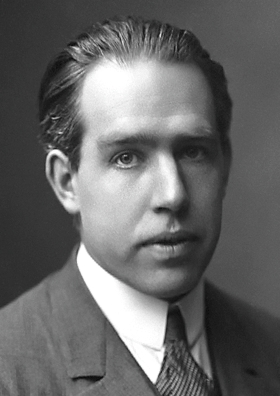
According to the Washington Post: “Niels Bohr was deeply intuitive, a pioneering physicist who moved insightfully from the theoretical to the real of atomic structure.”
No, no, you’re not thinking; you’re just being logical.
Niels Bohr
Niels Bohr and Albert Einstein had a mutual admiration for each other. Both valued their intuition.
Albert Einstein
Einstein (1875 –1955) was a leading German-born physicist, who developed the theory of relativity.
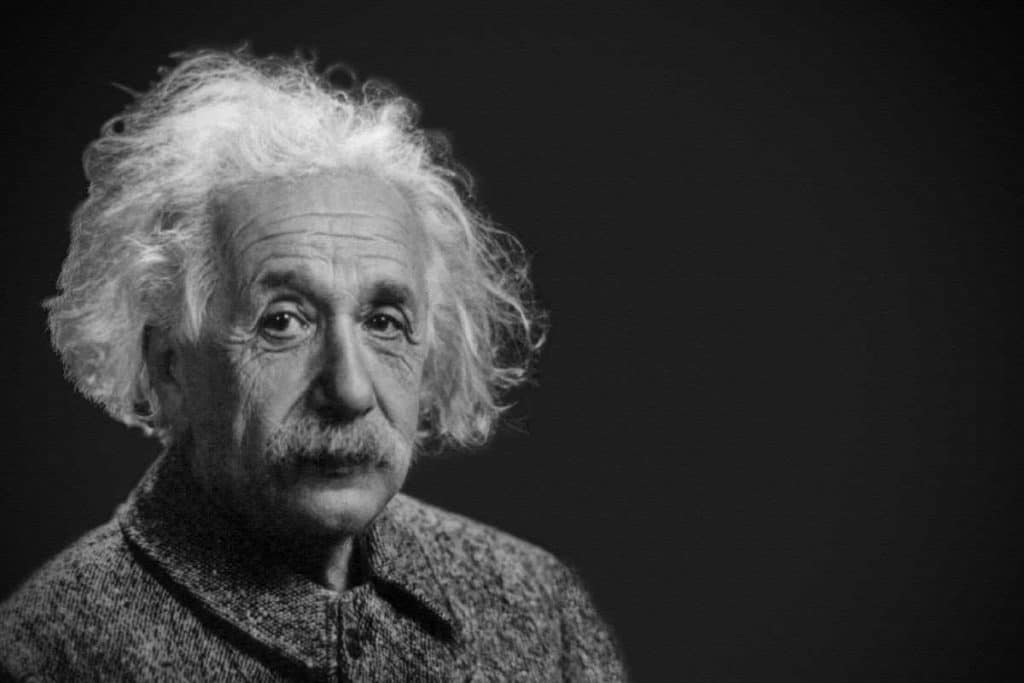
As captured by Psychology Today: “For Einstein, insight did not come from logic or mathematics. It came, as it does for artists, from intuition and inspiration.”
It’s best to let Einstein tell it as it was for him…
Einstein himself said “I believe in intuitions and inspirations. I sometimes feel that I am right. I do not know that I am… I was not surprised when the eclipse of May 29, 1919, confirmed my intuitions. I would have been surprised if I had been wrong.” 2
Steven Spielberg
Spielberg (1946 –), a leading filmmaker, is famous for the movies, E.T., Jaws, Jurassic Park, and Raiders of the Lost Ark, among many others. Listen to what he had to say in the commencement speech for Harvard’s graduating class…
…want to be clear that your intuition is different to your conscience…your conscience shouts “Here’s what you should do” while your intuition whispers “Here’s what you could do”
Steven Spielberg
Stanislav Petrov
Stanislav Petrov (1939 — 2017), an Association of World Citizens Award (AWCA) recipient, in 1983, helped prevent a nuclear war between Russia and the US when he defied Russian military protocol.
He followed his intuition and recognized early warnings of successive US missile launches in the Russian detection system as false alarms.
Steve Jobs
Jobs (1955 — 2011), CEO and co-founder of Apple, and chairman and major shareholder of Pixar Animation had a daily habit of wearing the same design of outfit as every other day so he didn’t have to expend energy deciding on what to wear.
Jobs saw himself as one of the few people who understood the importance of intuition in producing technology.
He experienced the teachings of Zen and Buddhism in his time in India in the 1970s where his sense of intuition was influenced by the spiritual people with whom he studied. He saw that people in India were not purely rational thinkers, but were guided by intuition. They experienced the benefits of living intuitively.
Don’t let the noise of others drown your inner voice
Steve Jobs
See also my article on Wizards of Intuitive Vs Rational Mind.
Winfrey Oprah
Oprah (1964 –), a TV personality and media executive, believes in trusting your intuition. She attributes her success to how she listens to her intuition.
In her 2016 Masterclass, Oprah gave this piece of advice to think about: “You cannot hear the still, small voice of your instinct, your intuition, what some people call God if you allow the noise of the world to drown it out,” she said. Notice here that Oprah is not one to distinguish between instinct vs intuition.
Nikola Tesla
Tesla (1856 — 1943), an inventor, created the Tesla coil, enabling wireless technologies. He is credited by many sources for following his intuition in creating his inventions.
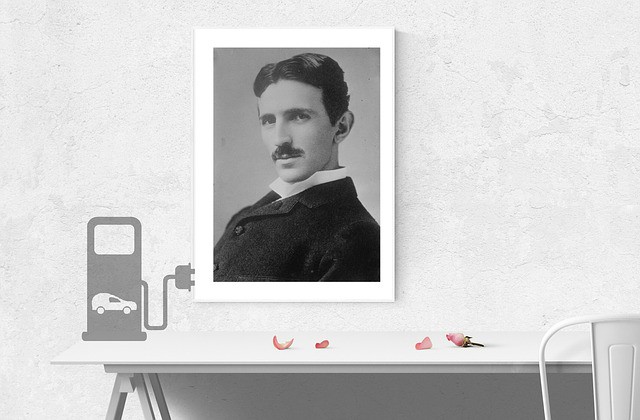
“Be alone, that is the secret of invention; be alone, that is when ideas are born.”
Nikola Tesla
Tesla wanted most to provide free electricity to the world. He is said to have “displayed remarkable imagination and creativity as well as a poetic touch”.3
Alan Alda
Alan Alda, an American actor, director, and screenwriter, is best known for his role in the TV series, Mash, prior to his profound revelation on intuition (and one well reiterated).
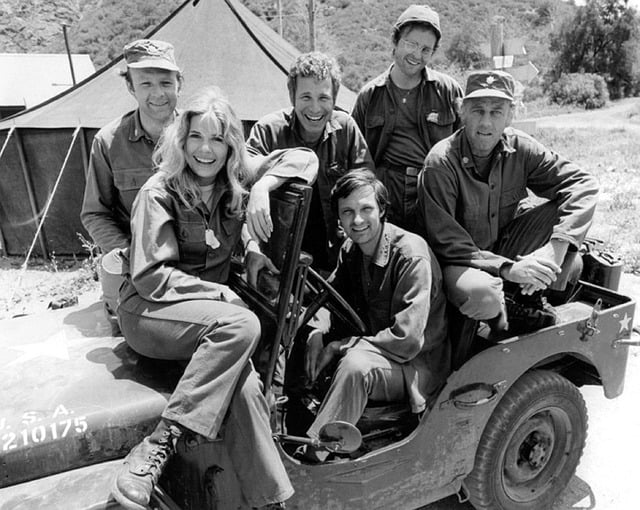
In the Commencement Speech at Connecticut College, in 1980, Alan Alda had this to say on intuition: “Have the nerve to go into unexplored territory. Be brave enough to live life creatively. The creative is the place where no one else has ever been. It is not previously known…”
“…You have to leave the city of your comfort and go into the wilderness of your intuition. You can’t get there by bus, only by hard work and risk and by not quite knowing what you’re doing, but what you’ll discover will be wonderful. What you’ll discover will be yourself.”
Jonas Salk
Salk (1914 — 1995) a US Medical researcher, discovered and developed a beneficial polio vaccine (1955).
He is an example of someone who accessed and followed their intuition in the name of benefiting humankind.
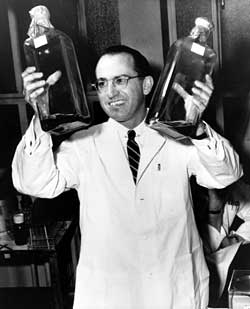
He authored books referring to intuition — e.g., the 1983 Anatomy of Reality: Merging of Intuition and Reason. In it, Salk writes about the “infinite knowledge” present in the depths of the unconscious mind. He considered us as a part of a complex and interconnected biosphere where each part depends on every other part.
There’s a well of knowledge to pay attention to and those who access this well of knowledge have a moral obligation to humanity and to the planet to provide their guided revelations.
His intuition came through images, metaphors, and similar. He drew on multiple outcomes for any given concern.
He used imagination to play through a series of scenarios around a problem and would then design his laboratory experiments using his insight:
- “I would picture myself as a virus, or as a cancer cell…and try to sense what it would be like to be either.”
- “I would also imagine myself as the immune system, and I would try to reconstruct what I would do as an immune system engaged in combating a virus or cancer cell.”
Salk gave his account about trusting intuition though it seemed a mystery (science of intuition was not understood): “I cannot visually, with my physical eye, see the forces that act upon me from within and without, and yet I cannot deny their existence.”
David Lynch
Lynch (1943 — ), an American filmmaker, directed the film Elephant Man and the mini-series, Wild at Heart.
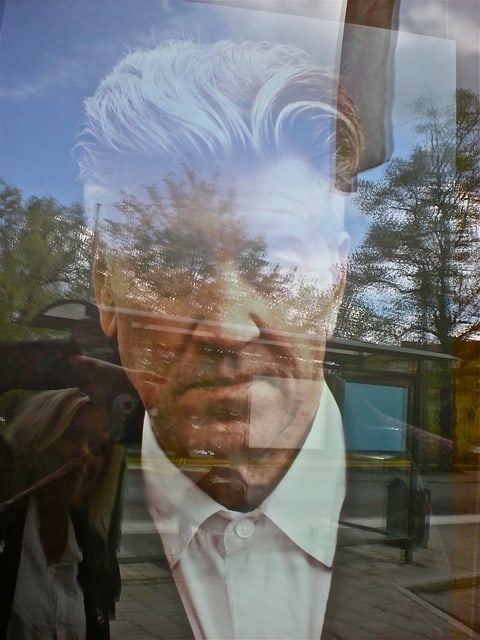
According to David Lynch: “Intuition is the key to everything, in painting, filmmaking, business – everything.”
“I think you could have an intellectual ability, but if you can sharpen your intuition, which they say is emotion and intellect joining together, then a knowingness occurs.”
Henry Ford
Henry Ford had a vision. It was the motor car. His intuitive decision to make such went against all reasoning of that time period.
If he had of asked people what they wanted in the way of carriage, they probably would have said “faster horses”. We can get stuck in thinking and innovation suffers unless intuition can blossom.
Sources
- Niels Bohr, The Nobel Prize. Access Date: January 24, 2024.
- 1929 October 26, The Saturday Evening Post, What Life Means to Einstein: An Interview by George Sylvester Viereck, Start Page 17, Quote Page 117, Column 1, Saturday Evening Post Society, Indianapolis, Indiana. (Verified on microfilm)
- Inez Whitaker Hunt. 2019. Nikola Tesla. Encyclopædia Britannica. Encyclopædia Britannica, inc.:https://www.britannica.com/biography/Nikola-Tesla
Access Date: March 10, 2019




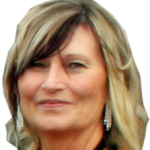
Thanks I enjoyed reading!